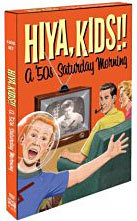
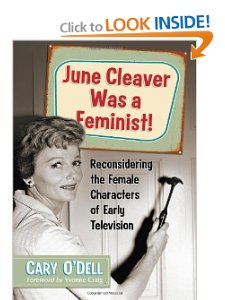
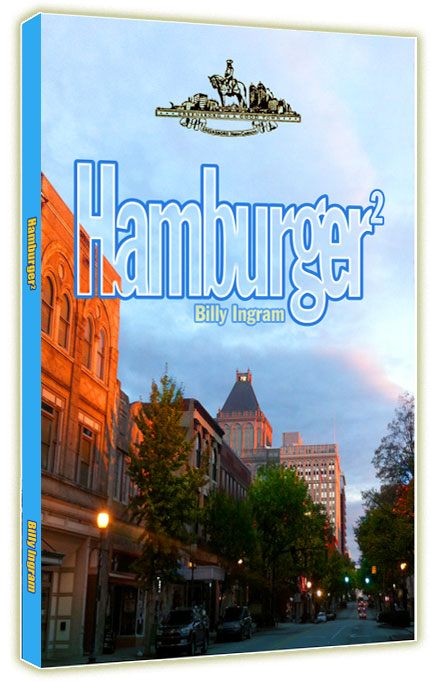
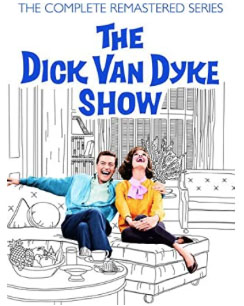
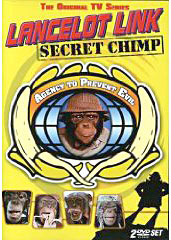
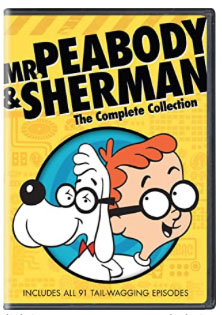
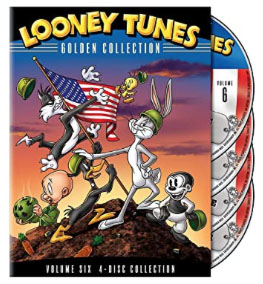
 |
 |
 |
 |
 |
 |
 |
|
| |
|||||||
|
PART
TWO : by L. Wayne Hicks That first draft of KISS Meets the Phantom opened with a "resonant, authoritative voice" that attempted to set the stage for what was to come. As the movie originally was to open, smoke shifted to show a shallow crater with the talisman suspended in air: a silver lightning bolt, a gold cat, a green gargoyle and a silver star.
/ / / Classic TV Blog / / / TV Shows on DVD / / / TV Show Reviews / // / TV on BLU-RAY The unseen
narrator laid it on thick during the opening scene:
"I think it was extremely successful in terms of reaching a new demographic at the time, that is the kiddie fan base," says Ron Albanese, who has seen the movie "well over 100 times" since 1978. He says those younger fans - he was 8 at the time - would help keep Kiss afloat during the 1980s when the band's popularity waned. Albanese is writing a book about the movie, tentatively titled "Easy Catman, They Are Serious: The Complete Guide to Kiss Meets the Phantom." He owns the movie in seven languages, including German, Japanese, German, Swedish and Italian ("Some of the corny Kiss lines in English only get funnier in Italian.") The movie was released in theaters overseas. For his research, Albanese traveled to the Magic Mountain amusement park in Southern California where the movie was filmed and has conducted more than 20 hours of interviews with people connected with the production, including Bill Acuoin, the band's longtime manager. "Bill Acuoin, who, of course prior to managing Kiss had television experience, saw the whole endeavor as a launching pad," Albanese says. "And at some point in '78 Filmation, the cartoon company, did some kind of preliminary embryonic contact with the Kiss organization to develop a cartoon series, but as far as I know nothing was drawn up." The band envisioned more acting roles ahead. Simmons talked of another movie, with an even bigger budget, but said plans for an animated TV special for 1979 had been postponed "because that's just too much Kiss for you to swallow."
The task of directing Kiss Meets the Phantom of the Park fell to Gordon Hessler, a German-born, British-reared protege of Alfred Hitchcock. His career would include directing the classic Ray Harryhausen movie The Golden Voyage of Sinbad as well as more pedestrian fare such as episodes of the TV series Wonder Woman, CHiPs and Switch. Picked to star opposite Kiss was Anthony Zerbe, who played their nemesis, the evil scientist Abner Devereaux, who fashioned their robotic doubles. Devereaux, who designed the rides in the park, is angry the park's owners have cut his budget for research and development.
It didn't help that the movie resembled an episode of Scooby-Doo, with the guys taking on robotic versions of Dracula, Frankenstein and the Wolf Man. "I was
disgusted," Criss said on the 2004 VH1 program When Kiss Ruled
the Earth. "I can't see John Lennon getting beat up by Dracula
and I can't see Mick Jagger wrestling with Frankenstein." In a promotional magazine published about the movie, everyone in the band had plenty of good things to say about making the movie.
Stanley: "I think the next Kiss film will probably be similar to this one only a lot more extravagant, a lot more elaborate. This will pretty much set the groundwork and the story line of who we are and why we are. It's almost like a movie series like James Bond where there's a common thread running through all of them." Frehley: "I enjoyed it. It was a very pleasurable experience for the most part. I just can't wait to see it all put together. I guess I'm as excited about it as all the fans." Criss proved
the most honest: "I learned a lot from doing the movie, mainly that
I don't want to do another one for a while." "Ace and I partied through the whole movie," Criss said on When Kiss Ruled the Earth. "By the time it was time to go work, we were half in the bag."
In the years after its debut, the subject of Kiss Meets the Phantom of the Park was strictly off limits around the band. In recent years, however, the guys have talked about the experience. A series of books and documentaries about the band have dredged up the movie's place in the history of Kiss. On Kiss Behind the Makeup, Stanley described an unusual way of making the movie: "Someone would yell out lines to us from the side and then the camera would roll and if we got the line out without making a mistake, that was a keeper." Kiss fans sat through the movie, making it the second-highest rated TV movie of the year, after Shogun, but critics couldn't bear it. The Los Angeles Times called it an "abomination." Present-day Kiss fans aren't any kinder. The movie is known for its campiness, its kitschiness, something the band never wanted to be known for. The guys talked about the movie in the book "Kiss Behind the Mask," an oral history of the band by David Leaf and Ken Sharp. Simmons recalled "it was interesting to do, but I don't think it's a very good movie." "When I look at it now I love it," Criss said. "My daughter just thinks it's the greatest movie she's ever seen. But it wasn't a great time for me." "It wasn't a very good film," Aucoin said. "Don't forget that I'm a director/producer. Hanna-Barbera didn't want to spend that much money on it. It was a television film and they thought they could get away with it for a lot less money. … It could have been better than it was." Before joining with Kiss, Aucoin had created and directed the syndicated rock show Flipside.
What's surprising is that even after their experiences on Kiss Meets the Phantom of the Park, everyone in the band has returned to acting. All of the guys were together and in costume again for 1998 episodes of Mad TV and Millennium.
Frehley acted, without the Kiss makeup, in the 2005 independent film Remedy. Criss guest-starred on a 2002 episode of the HBO prison drama Oz. Stanley took to the stage to play the Phantom in a 1999 production of The Phantom of the Opera in Toronto. Simmons proved most interested in acting, most recently playing a bad guy on the now-cancelled NBC drama Third Watch. But he hasn't won over his critics yet. Blender magazine named Simmons to its list of the worst rock star actors, placing him at No. 10.
|
Please consider a donation
so we can continue this work!
Amazon Prime - unlimited streaming PR4 & PR5 Pages for Advertising
|
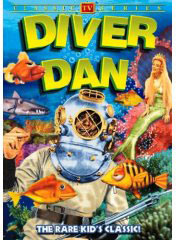 |
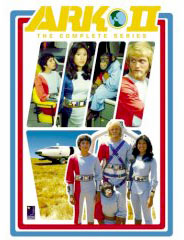 |
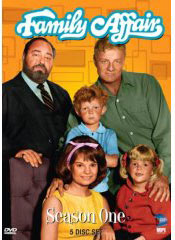 |
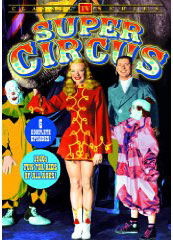 |
 |
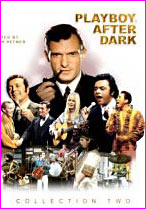 |
 |
|
||||||||||||||
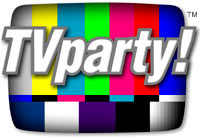 Contact Us / Classic TV DVDs TV Blog |
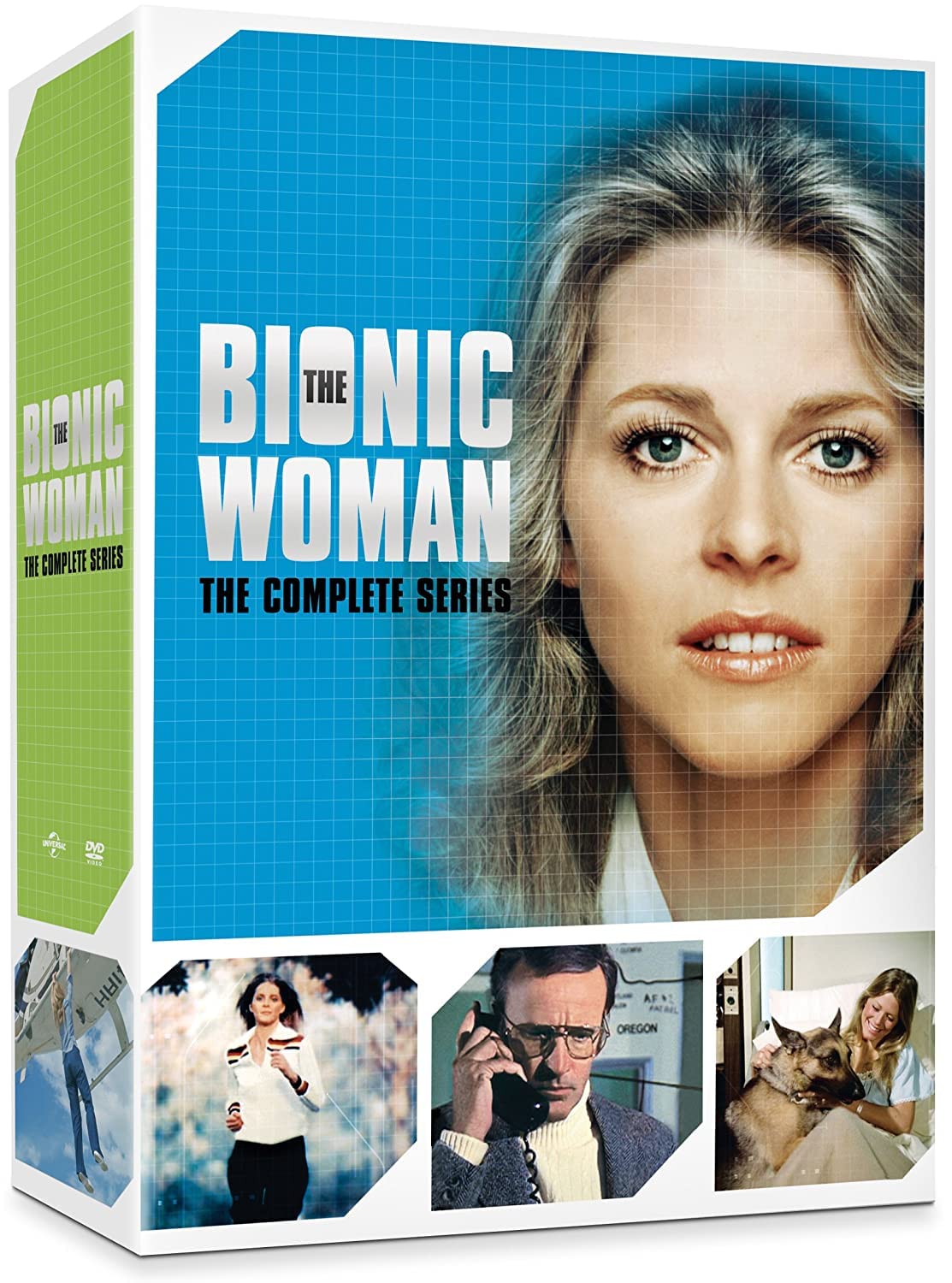 |